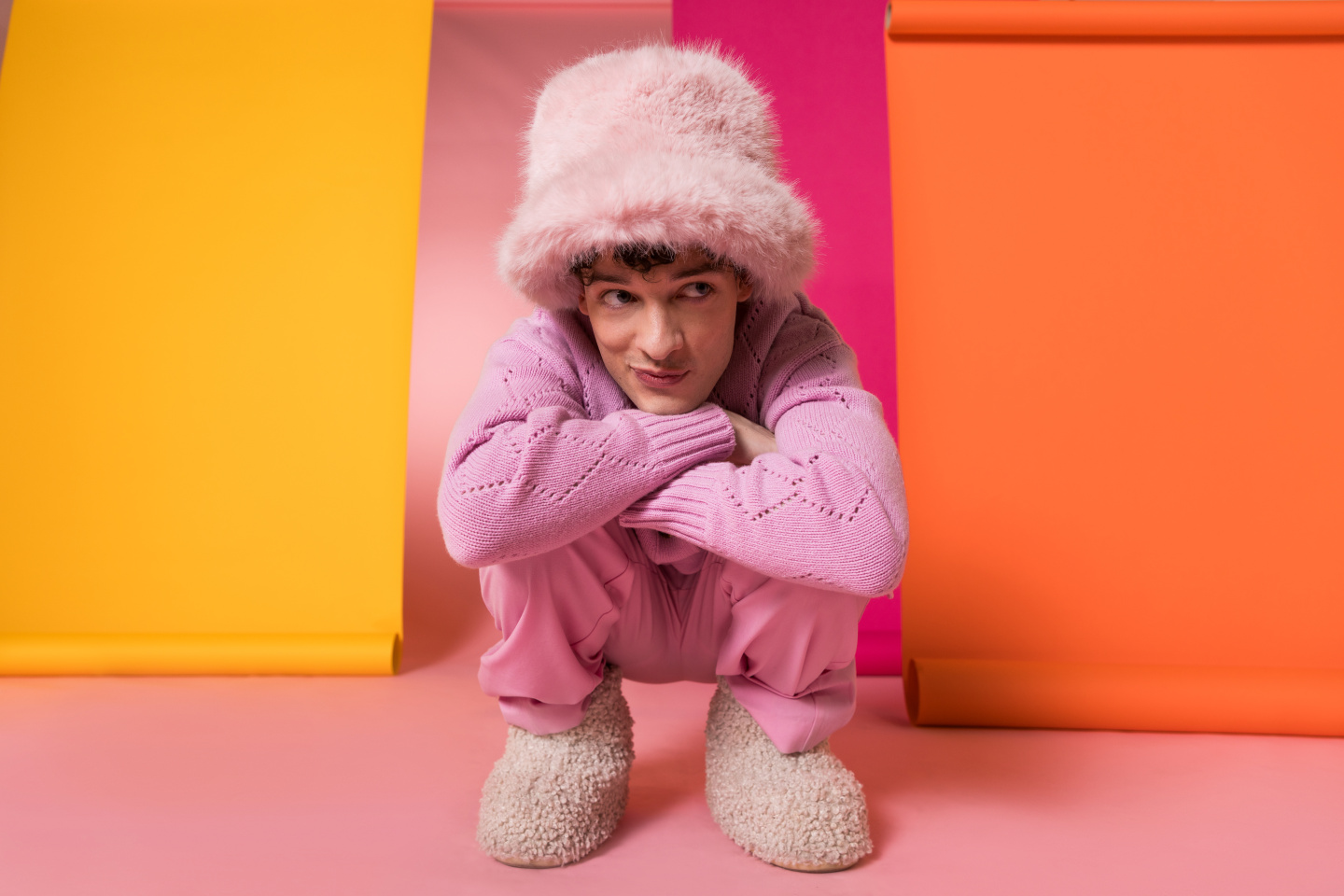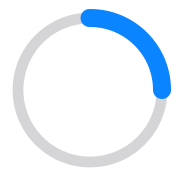How can we define gender?
Introduction.
In a world of color and light, every shade and hue offers a beautiful and unique experience. In the same way light and color can be incredibly diverse, the human experience consists of many identities, each contributing to humanity's captivating mosaic of individuals. I invite you on a journey to explore the concept of gender through two short stories that highlight the importance of personal definitions. By acknowledging and respecting the varied ways people define and understand gender, we may foster a more inclusive and compassionate world where more people hold the right to thrive.
Throughout history, many terms have been used to convey gender. Some terms you might hear often are male and female. These binary gender descriptions have served as the foundation of how many cultures, societies, and religions choose to define gender. Many individuals use this binary system as a means of self-expression because it highlights the differences between people and can promote a deeper meaning behind their connection. It can set expectations for a person's behavior, attire, and means of expression. This paper aims not to challenge these beliefs but to share some of the stories of those who feel they do not fit within this binary system both physically and mentally and to share the concept of a society that acknowledges the beauty of the varied human experience.
Because numerous individuals feel this binary system of male and female does not fully encompass the scope of human experience, similarly to how red and violet do not contain the full beauty of the rainbow, let's take a look beyond this binary system and consider gender as not just a spectrum, but a vast multidimensional landscape with countless variations and possibilities. This landscape comprises valleys, rivers, mountains, and plains, each representing the infinite possibilities of gender expression or lack thereof. Every person part of this endless landscape is just as natural and essential as one another, individually deserving the right to flourish without impeding that same ability in others.
Stories.
One such person navigating this vast landscape is Skylar, who has always felt like an outsider trapped in a world that demanded they choose between being a man or a woman. Growing up in a small town, they felt a suffocating expectation to conform to what was considered normal, even though they knew they did not fit within the two predefined boxes. It wasn't just about the activities they enjoyed or how they dressed but about whether it felt right to be called a man or a woman. Skylar spent a lot of time pondering this question, not knowing if they would ever find an answer. After speaking with some of their close friends about their feelings on this topic, Skylar stumbled upon a new term: non-binary. A term that allowed Skylar not to have to fit within these boxes and that helped them describe their complex and personal mix of identity in a way others might understand. Skylar shared this new word with the people around them, receiving a mixture of positive and negative responses. It wasn't easy for them to face adverse reactions from some of the people around them, but they reached out to communities online and in their town that understood and supported their feelings. Skylar slowly realized that even in the face of adversity, being true to themselves has been the most freeing adventure they've ever been on.
Similarly to Skylar, Jayce, an artist, uses canvases to explore themselves and express their feelings. Jayce likes to think of themselves as having an "inner world" that does not only not align with the binary system of gender but that never seems to stay the same for long. They have often felt unrecognized and misunderstood, even by those close to them. Through Jayce's art, you can start to realize a world beyond boxes that recognizes people for how they express themselves and not through predefined labels. They advocate for the creation of new systems that do not rely on gender yet still provide a safe and inclusive experience for everyone. Jayce's art has become a safe space and an invitation for people to feel, ponder, and learn about gender in a positive new way. They state that their art is not only a means of self-expression but also a form of promoting a misunderstood and underrepresented community, and that aims to entice more people to take the time to consider the idea that respective gender ventures might be a vital part of the collective human experience.
Conclusion.
Skylar being able to find resources that support them both online and in their town, and Jayce using their art to create safe spaces for people to express more varied views on gender, showcases our ability to positively impact our environments, and the importance of creating safe, inclusive, accessible, and privacy-focused experiences.
By fostering safer environments where more individuals can genuinely express themselves and in turn their definitions of gender, we might not only help our mosaic of humanity become ever more vibrant, but also support those who may be condemned for factors out of their control and unable to defend themselves, in their ability to live and thrive. If we don't work together to make tomorrow a place we'll all want to visit, then without a doubt, the future will be a contentious place that's not accepting of anyone alive today. Let's choose to create a world that welcomes and protects everyone (even those that may seem harmful) and that prioritizes the beauty of the varied human experience.
© Written by Braden Tiernan in 2024
P.S. This article aims to foster understanding and empathy towards diverse gender identities and experiences. I recognize that discussions about gender can evoke strong emotions from various perspectives. Your emotions on this subject are valid, and I encourage you to engage with this content at a level that supports your ability to positively experience the world.
Inspiring Stories.

Here are some stories that demonstrate individuals actively working to positively impact the environments of others, fostering understanding and empathy for diverse gender identities and experiences.

Nemo Mettler winning Eurovision in 2024.
In a historic win, Swiss artist Nemo became the first non-binary Eurovision champion in 2024. Their song, "The Code," resonated with audiences, capturing the journey of self-discovery for someone who doesn't identify with traditional gender norms. Nemo's victory transcended the competition, sparking important conversations about acceptance and visibility for the non-binary community.
Health Resources.

Although I am not affiliated with these resources and cannot guarantee their quality or longevity, I recommend that you consider exploring a few that resonate with you. They are committed to providing support and respect. Reaching out is a sign of strength, not weakness.
The Trevor Project.
https://www.thetrevorproject.orgThe Trevor Project is a non-profit suicide prevention organization that provides 24/7 crisis support services, research, and advocacy for LGBTQ+ young people.
This resource supports Quick Exit. Learn More.
Trans Lifeline.
https://translifeline.orgTrans Lifeline provides trans peer support for our community that’s been divested from police since day one. We’re run by and for trans people.
This resource supports a Quick Exit feature that lacks some accessability. Learn More.
PFLAG.
https://pflag.orgPFLAG is the nation's largest organization dedicated to supporting, educating, and advocating for LGBTQ+ people and those who love them.
This resource supports Quick Exit. Learn More.
TrevorSpace.
https://www.trevorspace.orgAn affirming international community for LGBTQ young people ages 13-24.
